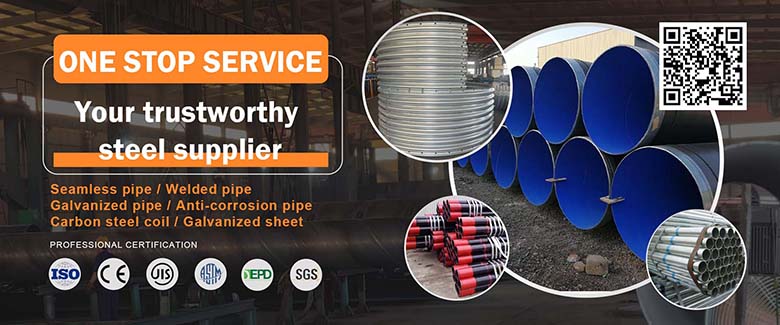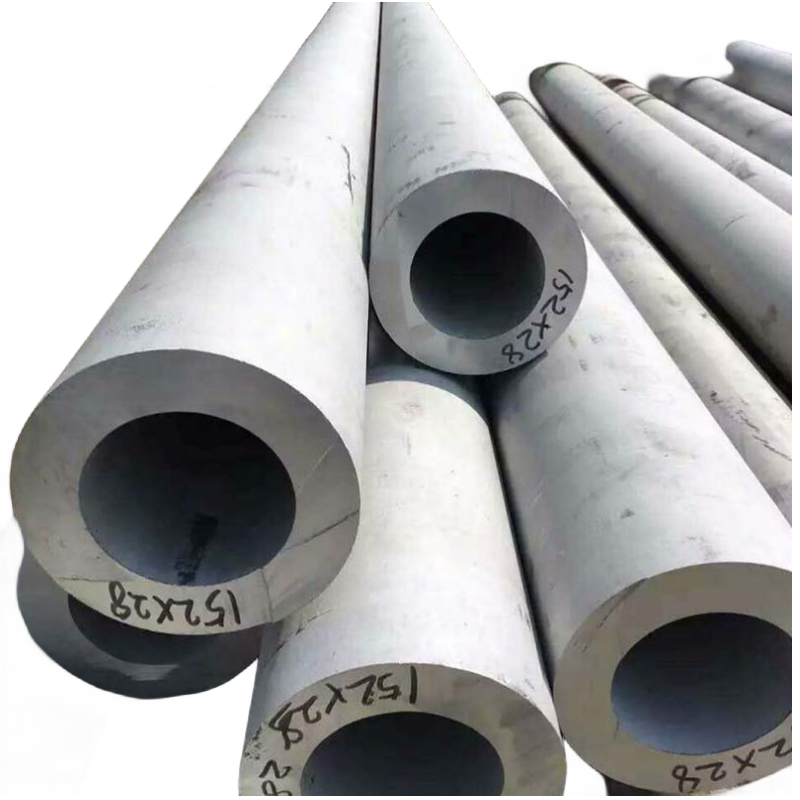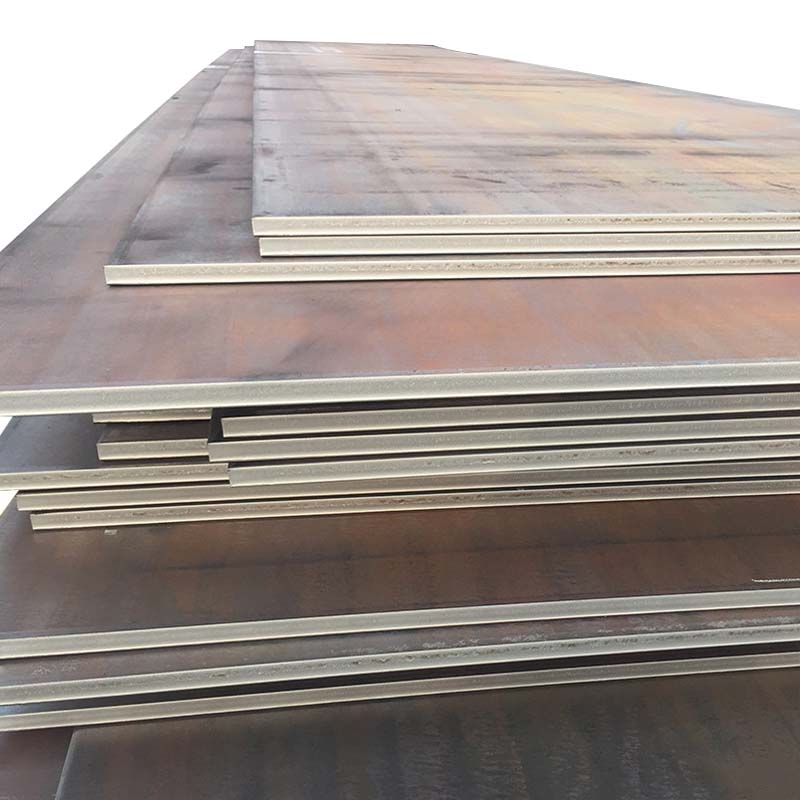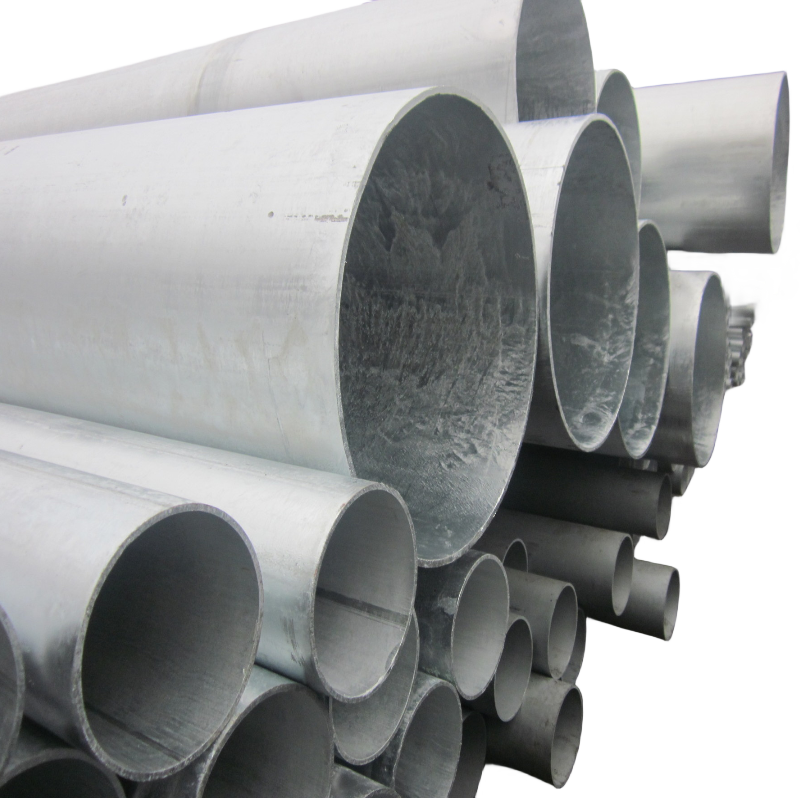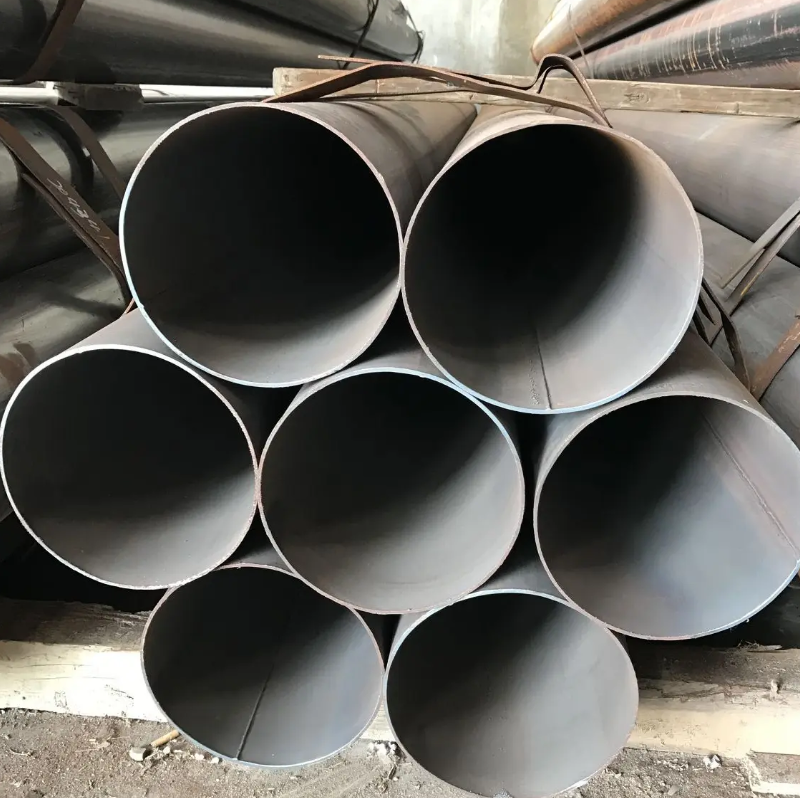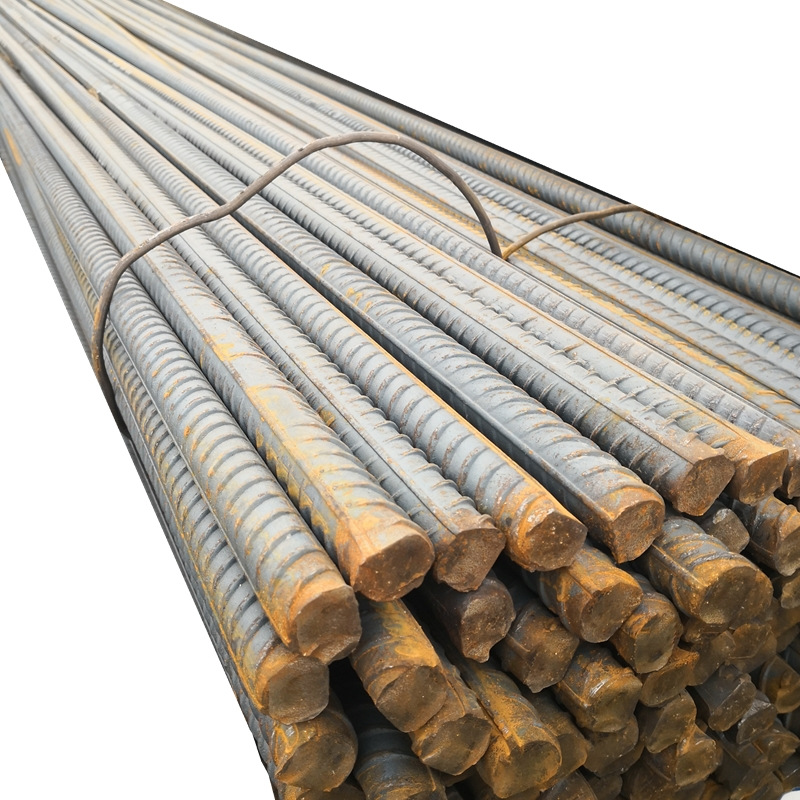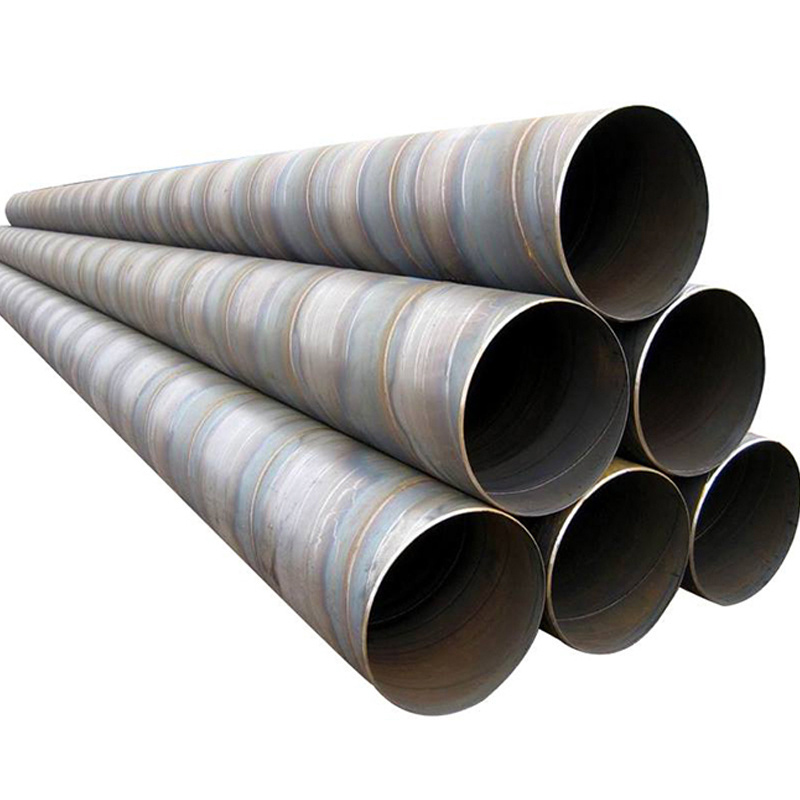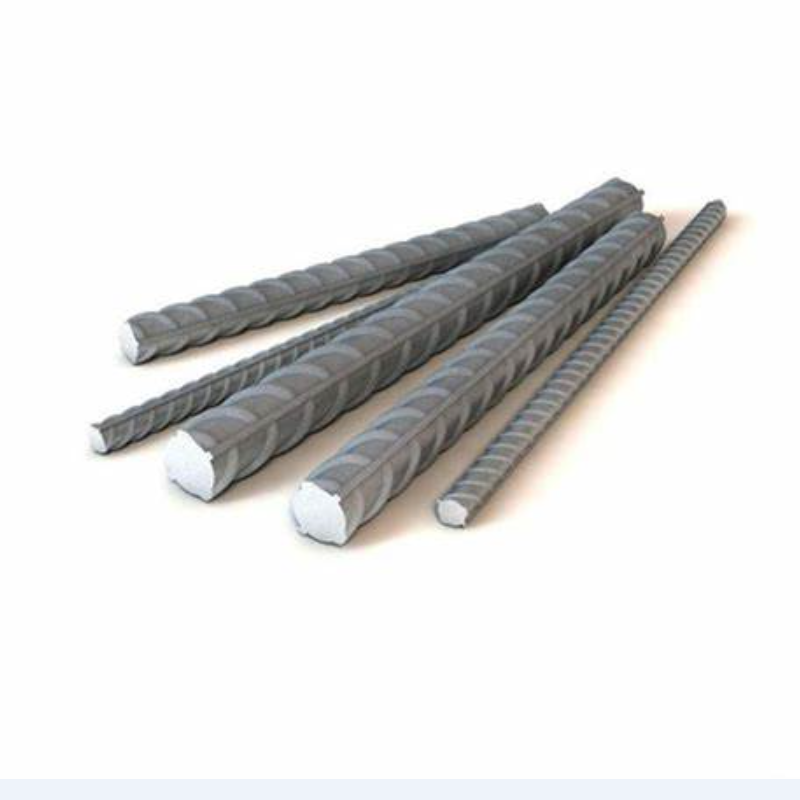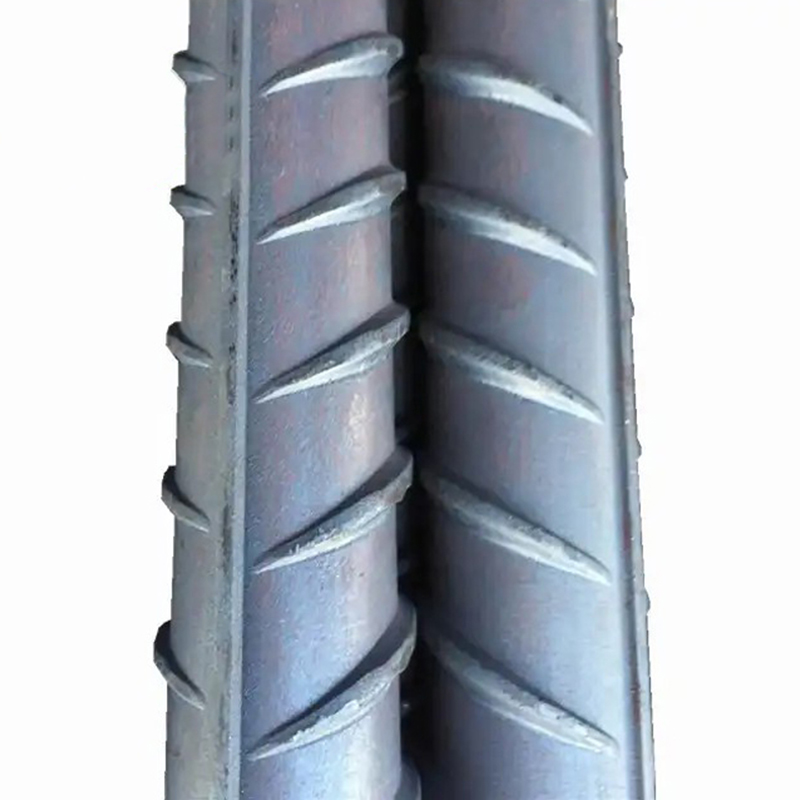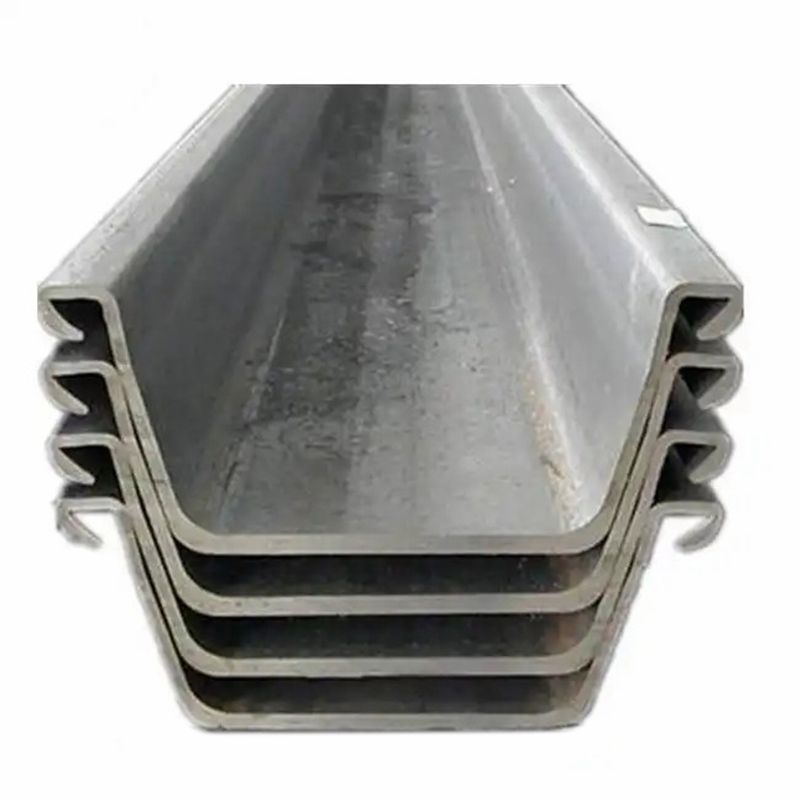Introduction and Comparison of Common Steel Pipe Coating Technologies
In the international trade of steel pipe products, surface protection technology is a key factor determining product applicability and service life. The right coating not only protects steel pipes from corrosion but also significantly extends their lifespan and reduces total cost of ownership. This article provides a systematic overview of current mainstream steel pipe coating technologies to help you make the optimal choice based on specific application scenarios.
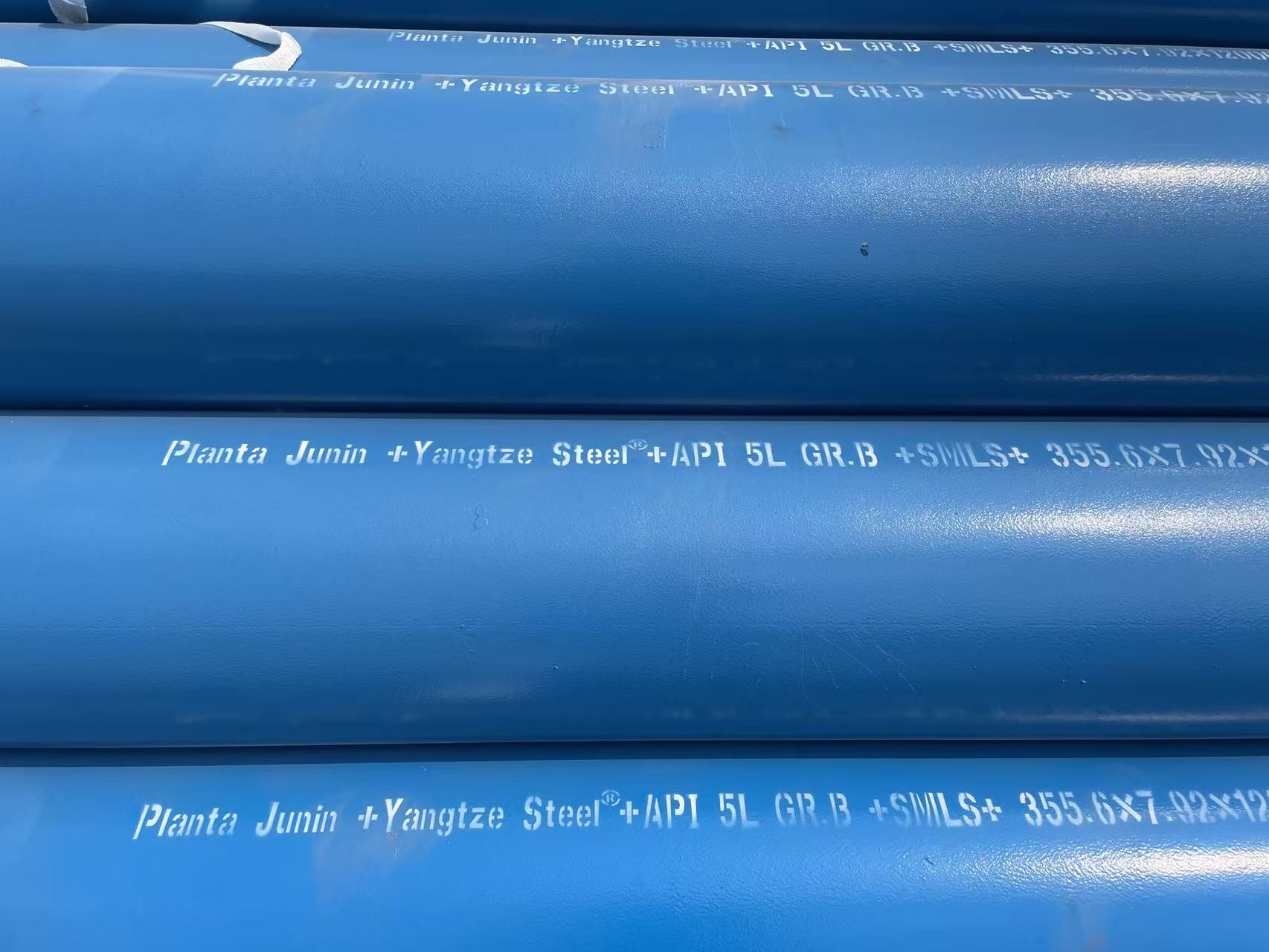
I. Basic Anti-Rust Coating: Black Oil Coating
Black oil coating serves as the most fundamental anti-rust solution for steel pipes, applied via liquid spraying with a typical thickness of 5-8 microns. This coating effectively blocks air and moisture, providing reliable short-term rust protection.
Advantages: Mature and stable process, high cost-effectiveness, no additional customization required
Suitable Scenarios: Short-term storage, indoor projects, general applications not requiring long-term corrosion protection
Cost Analysis: Standard factory configuration for steel pipes, no extra charges
II. Specialized Coating Systems for Buried Pipelines
3PE Coating (Three-Layer Polyethylene Anti-Corrosion System)
3PE represents one of the most advanced anti-corrosion technologies for buried pipelines, featuring a three-layer composite structure:
First Layer: Epoxy Resin Powder Primer, providing excellent adhesion and a corrosion-resistant foundation
Second Layer: Polymer Adhesive Intermediate Layer, enhancing interlayer bonding strength
Third Layer: Polyethylene outer protective layer, delivering mechanical protection and anti-aging properties
Core Advantages: Strong impermeability, abrasion and impact resistance, extended service life
Applicable Scenarios: Long-distance oil and gas pipelines, critical municipal pipelines, road crossing sections
Design Life: Over 30 years
FBE Coating (Fused Epoxy Powder Coating)
FBE coating utilizes electrostatic spraying to melt and cure epoxy powder onto preheated steel pipe surfaces, forming a protective layer. Available in single- or double-layer configurations, with double-layer FBE further enhancing corrosion resistance.
Core Advantages: Strong adhesion, chemical corrosion resistance, uniform seamless coating
Applications: Oil/gas transmission pipelines, chemical pipelines, high-temperature pipelines
Construction Requirements: Strict surface preparation (sandblasting to SA2.5 grade)
ECTE Coating (Epoxy Coal Tar Enamel)
ECTE offers an economical anti-corrosion solution that maintains good corrosion resistance while effectively controlling costs.
Core Advantages: High cost-effectiveness, easy field repair for joints
Suitable Applications: Buried oil pipelines, underground water networks, fire protection pipelines
Environmental Considerations: Modern production processes incorporate environmental treatment equipment with strict pollution control measures.
III. Specialized Coatings for Extreme Environments
Fluorocarbon Coating System
A specialized coating system developed for extreme conditions such as marine environments, typically featuring a three-layer structure:
Primer Layer: Epoxy zinc-rich primer, providing cathodic protection and excellent adhesion
Intermediate Layer: Epoxy micaceous iron oxide paint, enhancing coating thickness and impermeability
Topcoat Layer: PVDF fluorocarbon topcoat, delivering exceptional weather resistance
Core Advantages: UV resistance, salt spray corrosion resistance, biofouling resistance
Applications: Pier foundations, offshore platforms, cross-sea bridges
Design Life: 20-30 years
Water Pipe Interior Coating: IPN 8710-3
Specialized coating for drinking water pipeline interiors, compliant with sanitary standards to ensure water quality safety.
Core Advantages: Non-toxic, water immersion resistant, strong adhesion
Applications: Municipal water supply/drainage, food industry pipelines, drinking water systems
IV. Comprehensive Comparison of Various Coating Technologies
| Coating Type | Core Advantages | Suitable Applications | Design Life (Years) | Cost Level | Construction Difficulty |
| 3PE Coating | Superior impermeability and abrasion resistance | Buried long-distance pipelines | 30+ | Higher | High |
| FBE Coating | Chemical corrosion resistance, strong adhesion | Oil/gas/chemical pipelines | 25-30 | Medium | Medium-High |
| ECTE Coating | Low cost, easy repair | Buried sewage/fire protection pipelines | 15-20 | Low | Low |
| Fluorocarbon Coating | Seawater resistance, UV resistance | Offshore engineering/dock pile foundations | 20-30 | High | Medium |
| Hot-Dip Galvanizing | Cathodic protection, abrasion resistance | Guardrails/lightweight components | 10-20 | Medium-Low | Medium |
| Powder Coating | Environmentally Friendly, Aesthetic, High Hardness | Construction Scaffolding/Decorative | 8-15 | Medium-High | High |
| Black Oil Coating | Economical, Quick Application | Short-Term Rust Prevention/Interior Projects | 1-2 | Lowest | Low |
V. How to Select the Right Steel Pipe Coating
When selecting a steel pipe coating,the following factors must be comprehensively considered:
Operating Environment: Indoor/outdoor, buried/elevated, land/marine, dry/humid
Medium Properties: Temperature of transported material, chemical composition, corrosiveness
Design Life: Short-term temporary use or long-term permanent project
Budget Constraints: Balance between initial investment and total lifecycle cost
Construction Conditions: Factory prefabrication or field application, technical capability requirements
Conclusion
As a specialized supplier in the steel export industry, we understand that selecting the right coating is crucial for project success. We offer a comprehensive range of solutions—from basic black oil to specialized fluorocarbon coatings—and provide expert technical advice and customized services tailored to your specific application. No matter the engineering challenge you face, we can match you with the most cost-effective steel pipe protection solution.
Contact our technical team today for personalized coating recommendations and the latest pricing information tailored to your project.
(This article is for reference only. Specific coating selection should be determined in consultation with a professional technical engineer based on the actual project requirements.)
